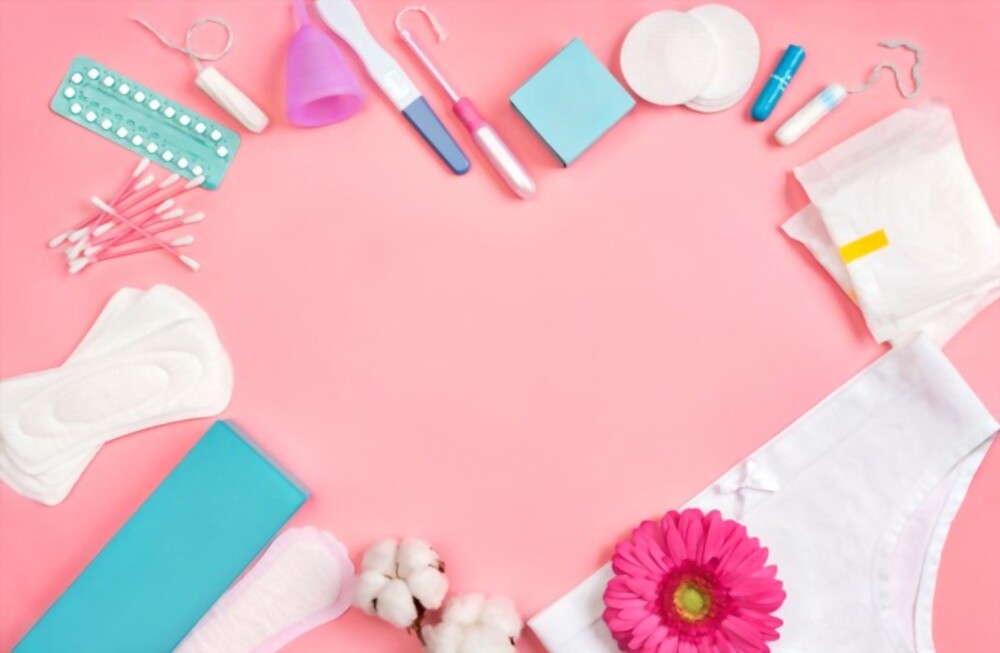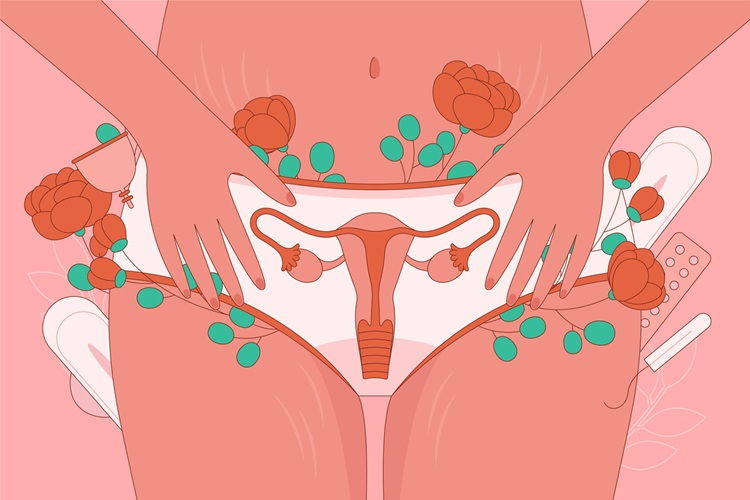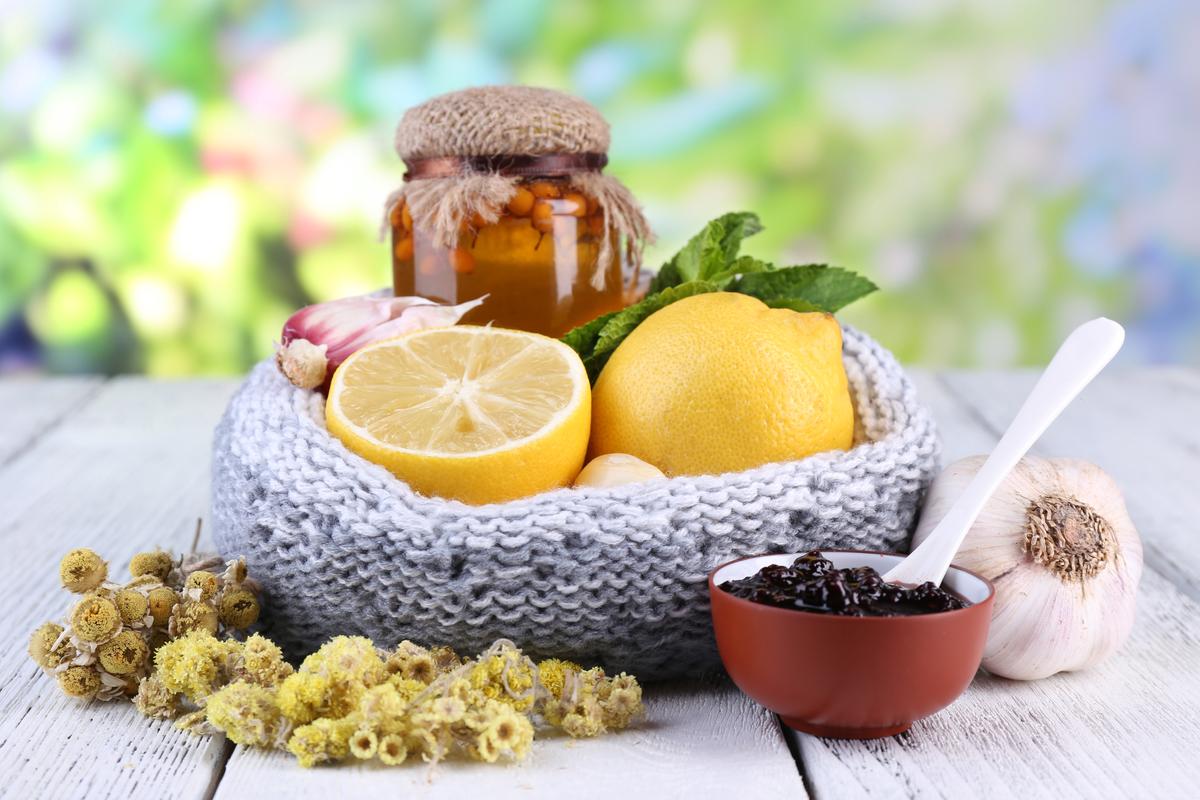Are Feminine hygiene Products Essential for Women
Most women use feminine hygiene products as part of their daily cleaning routine. Due to the high demand, the market for these products continues to grow exponentially; however, there is scrutiny on whether feminine hygiene products are essential. Discussing feminine hygiene used to be a sensitive topic, but with the increasing growth of feminine hygiene products, this topic is discussed more frequently.
There are many female intimate wash products available for women ranging from douches, sprays, washes, wipes, and powders. Popular brands market these products as safe and essential for women; however, the literature regarding the use of feminine hygiene and how it may affect intimate health is limited.
While products such as tampons and sanitary pads are crucial, on the other hand, products such as intimate washes and wipes are not necessary.
What is the benefit of douching?
Vaginal douching (washing) is a common practice among women without specific health benefits. Some studies suggest that douching may alter the normal bacteria inside the vagina (vaginal flora or microbiome) and make women more susceptible to infection. Also, the practice has been linked with an increased risk of sexually transmitted infections and pelvic inflammatory disease.
Another concern with using feminine hygiene products is that they alter the pH in the vulvovaginal area, affecting the microbiome’s ability to fight off infections. A study showed that bacterial vaginosis (a type of vaginal inflammation) was six times more common in women using douching products on the vulva or vagina. Further studies showed that some soaps can be irritating and may cause dry skin, itching, and skin irritation (1).
When marketing, the products are advertised in a way that suggests they are essential for women. The claim is that douching is necessary to clean vaginal discharge, urine, sweat, and feces. And it should be done thoroughly to clean the vagina and prevent odor (2).
Despite the claim, it is argued that douching is not essential, as the female genital is self-cleansing because the vagina produces mucus to protect vagina against unfriendly microorganisms (3).
Science Opinion on using Feminine Hygiene Products
Some early studies showed the link between adverse health outcomes from using feminine products- including the added antibacterial ingredients hexachlorophene. This leads to the FDA banning hexachlorophene in cosmetics in the USA in 1971. With science continuously adapting, new active ingredients could come to light as potentially harmful. This is why more research should be carried out on unnecessary products.
A report by Women’s Voices for Earth (WVE), a non-profit organization showed that many women's hygiene products contain ingredients that can be harmful such as chemicals and allergens. There is a large variety of feminine hygiene products like sprays, douches, anti-itch creams, powders, and wipes.
The public health association and other groups recommended against using douching unless recommended by a doctor. Studies have seen links between douching and yeast and bacterial infections, increased transmission of STIs, and more adverse health outcomes.
Other studies (3) also show that intimate washes and other cleansers were linked with a 3.5 times higher risk of bacterial infection and 2.5 times increased risk of UTIs. This outcome is likely due to some ingredients capable of disrupting the natural balance of vaginal microbiomes and getting rid of good microbes.
Researchers have warned that an imbalance in the microbiome can result in issues like reduced fertility, cervical cancer, bacterial vaginosis, pelvic inflammatory disease, and a higher risk of STIs (4). Despite the health concerns, many women still choose to douche. Most women douche as it makes them “feel clean” or in preparation for sexual intercourse.
Additionally, a lot of women using the products would recommend them to a friend. This is likely due to the fact that many women do not know the risks associated with these products and clean obsessively as “society has constructed female genitalia as unclean.” The full health implication of using vaginal cleaning products is unknown; therefore, more research on products on the market is essential.
Furthermore, the scientific mechanisms of how the products alter the vaginal microbiome are unknown. Some vaginal products may be necessary and prescribed by doctors for certain reproductive issues such as vaginal dryness or menopause. However, we do not know the health benefits or the harm of these products and if the pros outweigh the cons. Therefore, it is questionable that doctors should prescribe these products (3).
The impacts of powerful marketing of feminine hygiene products
The marketing of these products is vast, hence making women believe they need to feel “clean” and that without using them, a woman should feel unclean-which is not the case. For instance, Vagisil a known brand selling feminine hygiene products has an estimated annual revenue of $20M.
With this report, many companies would go into liquidation if these products were to be removed from the market. But before taking such action, there is a need for solid research to indicate that they are indeed harmful to consumers. Moreover, most products are labeled dermatologically and gynaecologically tested, soap and alcohol-free. Therefore, the products should be safe to use in the feminine area.
Conclusion
It is often stated on most feminine hygiene products that they should not be used to cleanse inside the vagina and that it is mild and safe for daily use. Regardless of these indications, we must again question if using them would upset the microbiome and their general safety- since using them might not cause noticeable or immediate harm. Still, there is a need for more research on this topic.
By: Rachel McGhee








Comments (0)